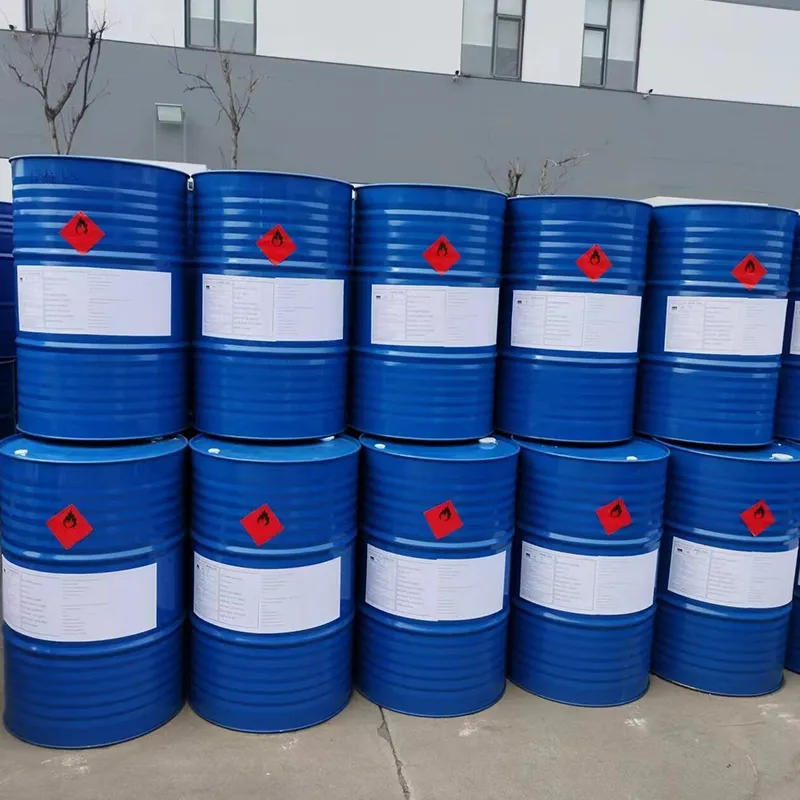
Sodium Metabisulfite Production Process and Industry Insights for Manufacturers
The Sodium Metabisulfite Factory A Key Player in Modern Industries
Sodium metabisulfite (Na2S2O5) is a crucial chemical compound that plays a vital role across multiple industries, including food and beverage, pharmaceuticals, and water treatment. The production of this compound takes place in specialized facilities known as sodium metabisulfite factories. These factories employ advanced production techniques, uphold strict safety standards, and contribute to the sustainability of various industries. This article delves into the operations and significance of sodium metabisulfite factories.
Production Process
The manufacturing of sodium metabisulfite typically involves a series of chemical reactions that begin with the combination of sodium hydroxide (NaOH) and sulfur dioxide (SO2). The process starts with the careful handling of raw materials to ensure safety and efficiency. Sulfur dioxide is absorbed into a sodium hydroxide solution, resulting in the formation of sodium bisulfite. This intermediate product is then subjected to a controlled heating process, causing it to dehydrate and crystallize into sodium metabisulfite.
One of the remarkable aspects of a sodium metabisulfite factory is its ability to maintain high standards of quality control throughout the production process. Modern factories employ rigorous testing protocols to ensure that the final product meets the required industry specifications. Additionally, automation and real-time monitoring systems are implemented to enhance efficiency and minimize human error.
Applications Across Industries
Sodium metabisulfite has a wide array of applications, making it an essential product in today’s economy. In the food and beverage industry, it is mainly used as a preservative and antioxidant. It helps to prevent the spoilage of fruits and vegetables by inhibiting the growth of microorganisms and protecting the color and flavor of various products. For example, it is commonly used in the production of dried fruits, wine, and processed foods.
sodium metabisulfite factory

In the pharmaceutical industry, sodium metabisulfite serves as a reducing agent and antioxidant in drug formulations. Its ability to protect active ingredients from oxidation helps to extend the shelf life of medications and enhance their efficacy. This makes it a valuable component in various therapeutic products.
Water treatment facilities also rely on sodium metabisulfite for dechlorination processes. It effectively removes residual chlorine from treated water, making it safe for human consumption and environmental discharge. As concerns about water quality and environmental sustainability continue to grow, the demand for sodium metabisulfite in the water treatment sector is on the rise.
Environmental Considerations
As with any industrial process, the production of sodium metabisulfite raises environmental concerns that factories must address. Waste management, emissions control, and resource sustainability are critical aspects of factory operations. Many sodium metabisulfite factories are implementing eco-friendly practices, such as recycling process water and capturing and reusing gases emitted during production. By employing sustainable practices, these factories aim to minimize their environmental footprint and contribute to a healthier planet.
Future Outlook
The global demand for sodium metabisulfite is expected to grow in the coming years, driven by the expansion of the food, pharmaceutical, and water treatment sectors. Sodium metabisulfite factories will need to adapt to changing regulations and consumer preferences, particularly with a growing emphasis on health, safety, and sustainability. Consequently, investing in innovative technologies and processes will be crucial for these factories to remain competitive in a rapidly evolving market.
In conclusion, sodium metabisulfite factories play an indispensable role in the production of a compound that is essential for various applications across multiple industries. By adhering to rigorous quality control standards, embracing sustainable practices, and adapting to market needs, these factories are well-positioned to meet the demands of the future while supporting economic growth and environmental stewardship. As we progress into a more sustainable future, the role of sodium metabisulfite and the factories that produce it will remain significant in addressing the challenges that lie ahead.
-
Pure Sodium Dichloroisocyanurate Dihydrate | Powerful DisinfectantNewsAug.29,2025
-
Industrial Chemicals: Quality & Purity for Every IndustryNewsAug.28,2025
-
Nitrile Rubber Honoring Strict Production StandardsNewsAug.22,2025
-
Aspartame Ingredients Honoring Food Safety ValuesNewsAug.22,2025
-
Fertilizer for Balanced Plant NutritionNewsAug.22,2025
-
Cyanide Gold Processing with High Purity AdditivesNewsAug.22,2025
-
Formic Acid in Textile Dyeing ApplicationsNewsAug.22,2025
Hebei Tenger Chemical Technology Co., Ltd. focuses on the chemical industry and is committed to the export service of chemical raw materials.
-

view more DiethanolisopropanolamineIn the ever-growing field of chemical solutions, diethanolisopropanolamine (DEIPA) stands out as a versatile and important compound. Due to its unique chemical structure and properties, DEIPA is of interest to various industries including construction, personal care, and agriculture. -

view more TriisopropanolamineTriisopropanolamine (TIPA) alkanol amine substance, is a kind of alcohol amine compound with amino and alcohol hydroxyl, and because of its molecules contains both amino and hydroxyl. -

view more Tetramethyl Thiuram DisulfideTetramethyl thiuram disulfide, also known as TMTD, is a white to light-yellow powder with a distinct sulfur-like odor. It is soluble in organic solvents such as benzene, acetone, and ethyl acetate, making it highly versatile for use in different formulations. TMTD is known for its excellent vulcanization acceleration properties, which makes it a key ingredient in the production of rubber products. Additionally, it acts as an effective fungicide and bactericide, making it valuable in agricultural applications. Its high purity and stability ensure consistent performance, making it a preferred choice for manufacturers across various industries.





